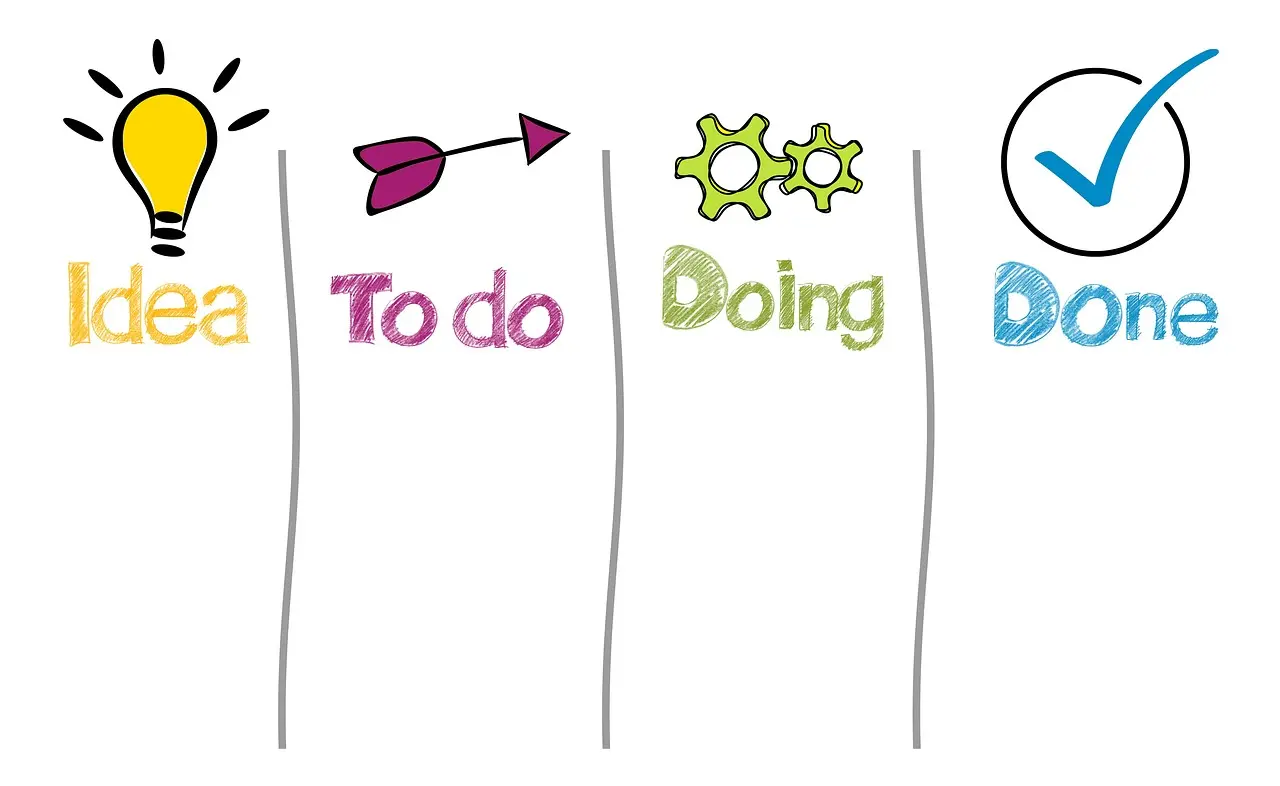The year 2025 erased the boundaries of the office. The search for income has shifted to a digital dimension. The market offers opportunities, but demand is not a guarantee. To understand how to find a good remote job, it is not enough to upload your resume to a platform. A systematic approach, understanding mechanisms, and adaptation to the algorithms of the modern labor market will be needed.
Factors Influencing Successful Remote Job Search
Numbers define the rules. According to LinkedIn data, the demand for remote vacancies increased by 63% in 2024, but only 15% of resumes meet the stated requirements. This is the task of adjusting to the real expectations of the employer.

The strategy works when it includes:
- a precise goal formulation;
- analysis of one’s own qualifications;
- regular adjustment of actions.
Tips for finding remote work often boil down to superficial phrases. But results are formed through industry analysis, understanding competition, and objective self-assessment.
Digital Channels: Effective Search and Filtering
The solution to finding remote work often lies in choosing the right platform. 70% of offers are hidden within companies’ internal systems and niche resources.
Examples of work platforms:
- Remote OK — focuses on digital skills and startup culture;
- We Work Remotely — stable positions in development and content fields;
- FlexJobs — emphasis on verified offers without fraud.
Searching for remote work becomes productive if not limited to aggregators. The IT sector actively recruits through Discord communities, GitHub, Reddit forums, and even Telegram channels.
How to Find a Good Remote Job from Scratch: Experience-Free Strategy
Starting remote work from scratch requires shifting focus from diplomas to actions. Career growth begins not with a portfolio, but with demonstrating value.
Successful cases demonstrate that newcomers fill vacancies if they follow these steps:
- Choosing a direction — profession demand and flexible schedule determine the entry threshold. Priority is given to digital professions: tester, content marketer, support specialist, project assistant.
- Learning basic skills — 30–50 hours to learn tools (Notion, Slack, Trello, CRM, AI services).
- Building a micro-portfolio — completing tasks for volunteer projects, open-source initiatives, or participating in hackathons.
- Registering on exchanges — Upwork, Kwork, Work-zilla as the first platform for practice.
- Sending customized responses — a minimum of 10 applications per day with a unique message.
This algorithm solves the issue of finding remote work from scratch with a focus on results. The first results appear within 2–3 weeks of regular activity with proper presentation and focus on a specific role. Practice speeds up adaptation, lowers the entry threshold, and builds confidence in one’s abilities.
Importance of Skills and Self-Discipline
The labor market is changing under the influence of automation. Therefore, the strategy of how to find a good remote job depends more on developing flexible skills. Communication, stress tolerance, prioritization skills are the main arguments in a resume.
Self-discipline becomes crucial in remote work. According to Buffer, up to 38% of remote workers consider procrastination the main threat to productivity.
Time management in this context is not just a theory but a necessity. The Pomodoro method, Eisenhower Matrix, Google Calendar, and clear deadlines turn chaos into structure. Employers evaluate not hours worked but results. Therefore, organizing the day directly affects employment and further professional development.
Interview and Resume
Career growth depends on two documents: CV and interview performance. The algorithm of how to find a good remote job requires updating traditional approaches.
The resume should be concise, factual, tailored to the specific job format. 1 page, with facts: not “managed marketing,” but “increased traffic by 74% in 3 months.” Mentioning industries and specific tools is a must.
The interview assesses not just the diploma but the ability to communicate, argue, and find solutions quickly. A common format includes Zoom interviews, real-time tasks, and case studies. Preparation requires knowledge of the company’s business model and the ability to ask questions.
Applicants win not by giving template answers but by demonstrating depth and flexibility of thinking.
Industries and Career Perspectives: Where to Find Entry Points
The question of how to find a good remote job is directly related to understanding trends. Not every industry is equally adapted to a remote format. Figures confirm that the highest concentration of offers is observed in sectors where results can be measured in numbers and processes can be automated.
Top 5 industries with a stable demand for remote employees:
- IT sector — leads in the number of vacancies and payment level. Programmer, tester, DevOps, security specialist are the most in-demand roles.
- Marketing and content — SEO, copywriting, targeting, analytics. Multi-format digital marketer is particularly in demand.
- Education and EdTech — online tutors, methodologists, course developers.
- Financial sector — accounting, financial analysis, auditing, economic modeling.
- Support and Customer Success — from support to account managers.
Each direction implies its own trajectory, but clear skills, learning ability, and adaptability are necessary everywhere.
Freelancing as a Model: Freedom with a Counter
The formula “freelancer = freedom” does not always work. Many see freelancing as an entry point to remote work, but mistakenly view it as the only way to find a good remote job.
Freelancing is:
- an open market where every competitor is a potential equivalent;
- unstable workload: one month with 15 orders, the next without one;
- self-pricing and document management.
At the same time, freelancing offers a flexible schedule, project choice, and expertise growth. It is an excellent platform for starting out but requires a conscious strategy for long-term career development: building a brand, creating cases, mastering related specializations.
Changes in the Labor Market: Numbers without Emotions
The labor market has been reformatted. If in 2019 remote work was seen as exotic, by mid-2025, hybrid and remote formats make up about 48% of all offers in digital fields.
Employers no longer seek just an “employee from 9 to 6.” The ability to take responsibility, offer initiative, and adapt without control is valued. Therefore, searching for remote work requires not only skills but also the proper packaging of these competencies.
For example, on one of the largest job marketplaces (hh.ru), the phrase “remote work” yields over 150,000 positions. However, only 6% of applications receive interview invitations — meaning most resumes do not meet expectations.
How to Find a Good Remote Job in 2025: Practical Strategy
Searching without a system is like throwing darts with closed eyes. To increase effectiveness and go beyond endless applications, the action algorithm includes:

- clear specialization — specific directions increase relevance;
- regular resume updates — tailored for each job;
- personal branding — presence on LinkedIn, profile on GitHub or Behance;
- regular industry monitoring — analyzing changes in requirements;
- network effect — participation in professional communities, events, hackathons.
These steps increase the chances of employment not just in the short term but systematically — through expertise growth and development of relevant skills.
Conclusion
Modern conditions require shifting the question “how to find a good remote job” to “how to align your trajectory with the digital economy.” The market is tough, competition is high, but the algorithms are predictable. A systematic approach, flexibility, specific actions, and adaptation to employer expectations ensure sustainable progress in the professional sphere. A career is built not on luck but on consistent decisions.
 en
en  ru
ru  de
de  ar
ar  es
es  nl
nl  hi
hi  fr
fr  pt
pt  it
it  el
el 



